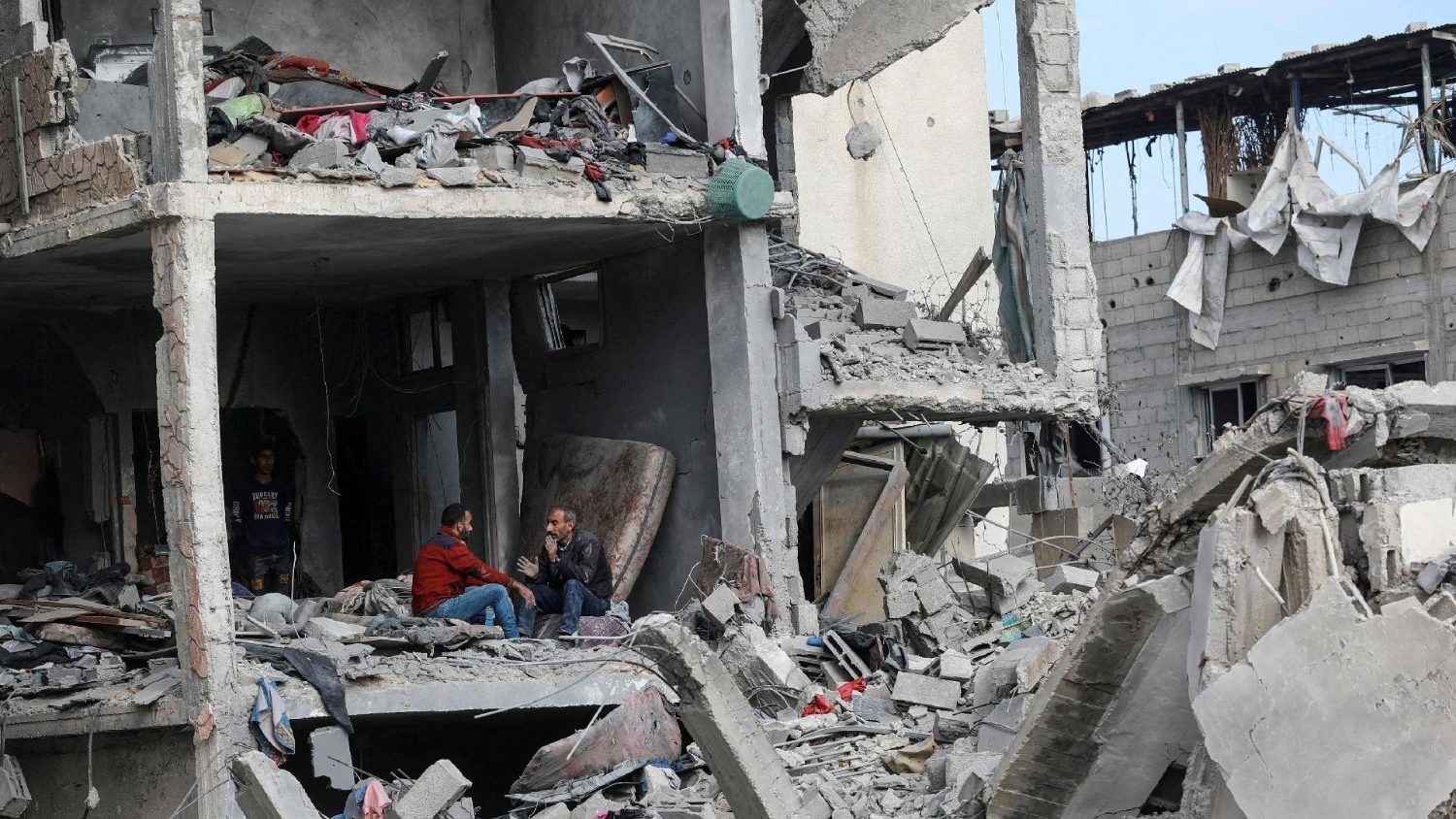After 15 months of Israeli bombings, 46,000 deaths, and 1.9 million displaced Palestinians, Israel and Hamas have finally reached a deal to end the fighting in the Gaza Strip. For the Latin Patriarch of Jerusalem, Cardinal Pierbattista Pizzaballa, the ceasefire is “the necessary turning point we needed.”
Whilst recognising that what lies ahead is full of challenges, it is impossible not to feel joy at the announcement of a deal. “We are all very happy,” Cardinal Pizzaballa tells Vatican Media’s Roberto Paglialonga. “In every context, people are happy because this war has worn us down, exhausted us, and wounded everyone’s lives.”
The Patriarch stresses that while the cessation of violence is cause for hope, the road to peace will be long and arduous.
“This is only the first step,” he says. He explains that the process of peace is a long one, involving the resolution of conflict through negotiation. “Peace will take much longer to achieve because the end of the war is not the end of the conflict,” he adds.
Why now?
It is impossible not to wonder why it took so long to reach a deal and why so many lives were lost. Cardinal Pizzaballa explains that the reasons are complicated, noting that “the agreement was more or less the same discussion that was had months ago.” However, he emphasises that whatever the reasons may be, the only thing that matters now “is that we turn the page and start addressing the severe humanitarian crisis in Gaza.”
Cardinal Pizzaballa shares his cautious hope. “This ceasefire must last,” he stresses. “We must do everything possible to ensure that it does.” He is aware that there are those who work against it, but, he insists, “we must not give them space or traction.”
Humanitarian priorities
With the ceasefire in place, the focus is now on the urgent needs of the population. Cardinal Pizzaballa highlights the dire humanitarian situation in Gaza, where people are entirely reliant on external aid.
“From a humanitarian perspective, it will now likely be easier to introduce what is necessary for the population.” He highlights that food supplies, schools, and healthcare are the major emergencies and that their efforts will extend to the small Christian community in Gaza, which, the Cardinal notes, “like everyone else, is in desperate need of support.”
But Cardinal Pizzaballa is optimistic. In light of the numerous international organisations mobilising to bring aid to the people of Gaza, he expresses certainty that “we can create the necessary coordination to begin resolving the humanitarian crisis,” even if it will “take a very long time.”
A Christian community perseveres
Finally, Cardinal Pizzaballa describes the Christian community in Gaza, saying that although they still cannot quite believe it, “they are very happy” at the news of the ceasefire. “The idea of a ceasefire, of halting hostilities, and turning the page in Gaza brings a sense of liberation,” says the Latin Patriarch.
Moving forward
The ceasefire is a critical step towards lasting peace, but Patriarch Pizzaballa warns that it is not the end of the journey. “The hope is that this is the beginning of a process – albeit lengthy – that will, hopefully, bring lasting peace.”
By Francesca Merlo and Roberto Paglialonga | VaticanNews






